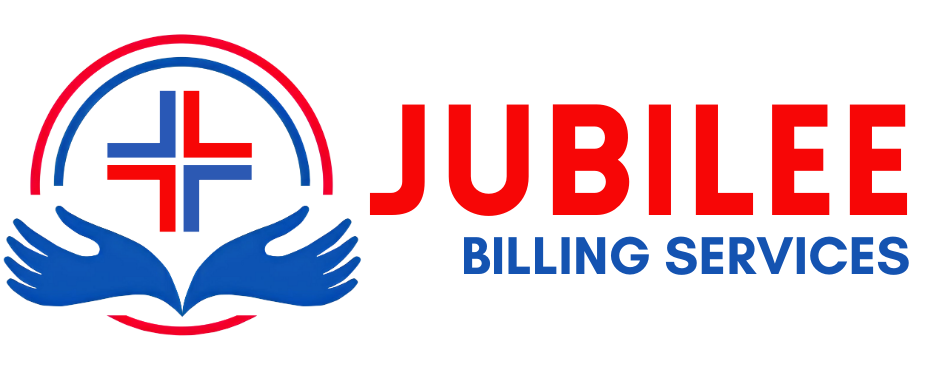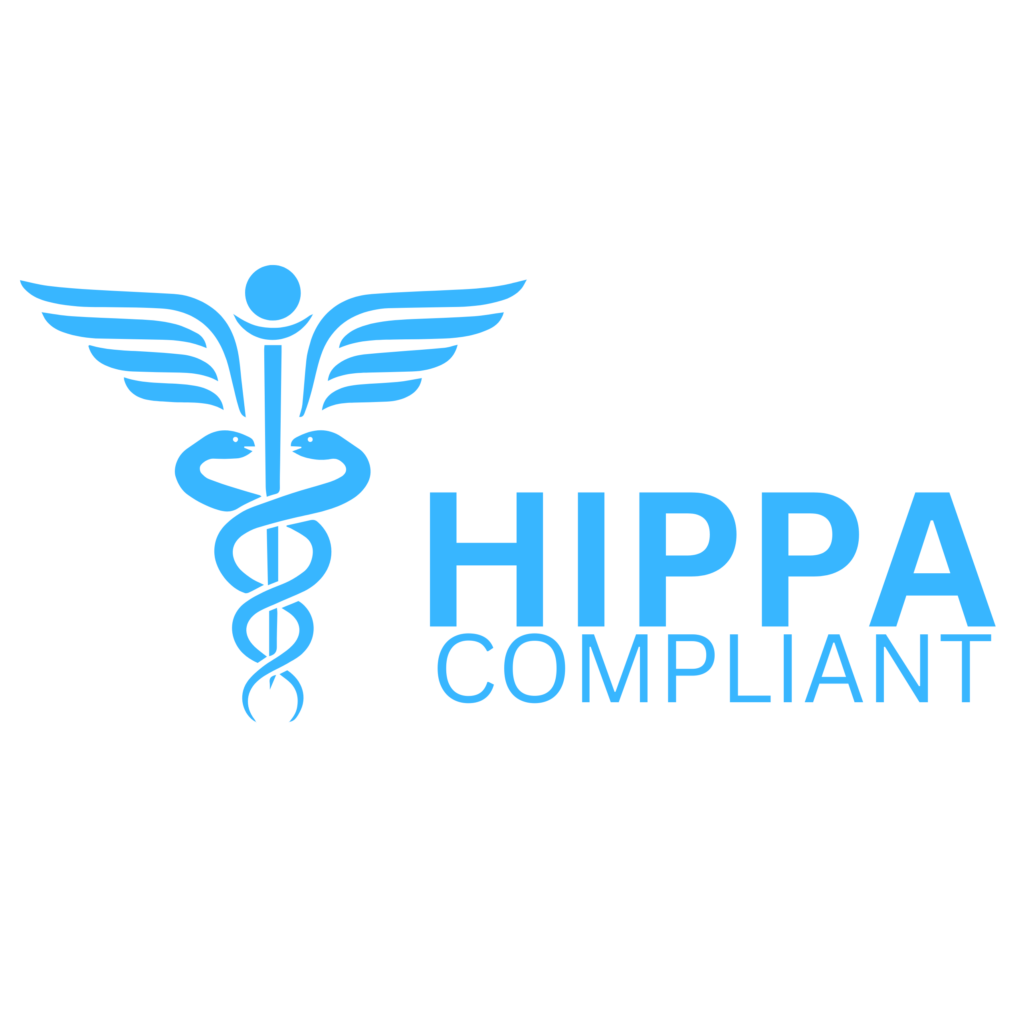Efficient Coding and Documentation:
Efficient coding and documentation play a crucial role in the smooth functioning of medical billing processes. By ensuring accuracy and thoroughness in coding, healthcare providers can avoid common billing errors that lead to claim denials or delayed reimbursements. Accurate coding reflects the services provided to patients and supports the medical necessity of those services, which is essential for timely and accurate reimbursements. Thorough documentation complements coding by providing a clear and comprehensive record of patient encounters, diagnoses, and treatments. Together, these practices help healthcare providers maintain financial stability and deliver quality care to their patients.
Timely Claim Submission:
Submitting claims promptly is vital for healthcare providers to expedite payment processing and reduce payment delays. When claims are submitted in a timely manner, insurance companies can process them more efficiently, leading to faster reimbursements. This ensures that healthcare providers receive the funds they are owed without unnecessary delays, allowing them to maintain financial stability and continue providing quality care to patients. Additionally, timely claim submission can also help prevent potential claim denials or rejections, as it allows for any issues or discrepancies to be addressed promptly, reducing the likelihood of payment disruptions. Therefore, healthcare practices should prioritize timely claim submission as part of their revenue cycle management strategy.
Follow Up on Unpaid Claims:
Implementing a systematic process to follow up on unpaid claims is crucial for healthcare providers. By doing so, they can address any denials or rejections promptly, ensuring that issues are resolved efficiently. This proactive approach helps prevent delays in reimbursements and improves cash flow for the medical practice. Regular follow-ups also allow providers to identify trends or recurring issues in claim submissions, enabling them to make necessary adjustments to avoid similar problems in the future. Overall, prioritizing follow-up on unpaid claims is essential for effective revenue cycle management and maintaining financial stability within the practice.
Verify Insurance Coverage:
Verifying patients’ insurance coverage before appointments is a crucial step in the billing process for healthcare providers. This proactive approach helps avoid surprises and ensures that billing is accurate and compliant with insurance policies. By verifying insurance coverage upfront, providers can confirm eligibility, copayments, deductibles, and any specific requirements for billing procedures. This information enables them to prepare accurate estimates for patients and streamline the billing process after the appointment. Overall, verifying insurance coverage helps prevent billing errors, reduces claim denials, and contributes to a smoother patient experience by minimizing confusion related to insurance billing and payments.
Implement Clear Payment Policies:
Implementing clear payment policies is crucial for healthcare providers to ensure transparency and minimize billing disputes with patients. By clearly communicating copayments, deductibles, and available payment plans upfront, providers set clear expectations regarding financial responsibilities. This proactive approach helps patients understand their obligations and reduces confusion or disagreements related to billing after services are rendered. Clear payment policies also streamline the billing process by reducing the need for follow-up communications or corrections due to misunderstandings. Ultimately, transparent payment policies contribute to a positive patient experience, improve financial interactions, and promote trust between patients and healthcare providers.
Optimize Revenue Cycle Management:
Optimizing revenue cycle management is essential for healthcare organizations to enhance financial performance and operational efficiency. By streamlining processes such as patient registration, insurance verification, coding, billing, and collections, providers can minimize errors, reduce claim denials, and accelerate reimbursement cycles. This optimization not only improves cash flow but also lowers administrative costs associated with manual tasks and rework. Implementing robust revenue cycle management strategies enables healthcare facilities to maximize revenue, improve overall financial health, and focus more resources on delivering quality patient care. It’s a proactive approach that benefits both the organization and the patients by ensuring a smoother and more efficient financial experience.
Utilize Technology:
Leveraging technology is crucial in modern medical billing to streamline processes and enhance accuracy. Investing in advanced billing software and technology solutions can automate repetitive tasks like claims submission and payment processing, reducing human errors and speeding up reimbursement cycles. These tools also offer real-time insights into financial performance, allowing healthcare providers to identify trends, track key metrics, and make data-driven decisions. By utilizing technology effectively, medical practices can not only improve operational efficiency but also optimize revenue collection and ensure compliance with regulatory requirements. It’s a strategic investment that brings long-term benefits to both the practice and its patients.


